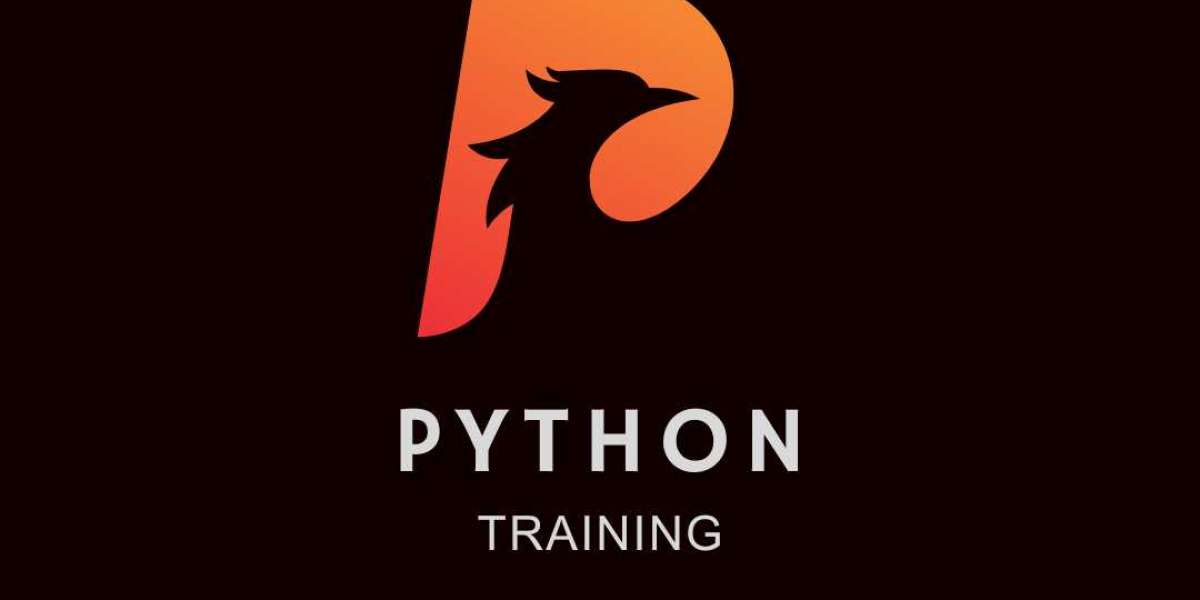Performance
One of the main limitations of Python is its performance. Compared to low-level programming languages such as C and C++, Python is much slower. This is because Python is an interpreted language, which means that it needs to be translated into machine code at runtime. This process takes time and can slow down the execution of Python programs.
However, Python has many tools and libraries that can help improve its performance. For example, NumPy is a library that provides fast numerical operations on arrays and matrices. Cython is a superset of Python that allows you to write C extensions for Python. PyPy is an alternative Python interpreter that uses just-in-time compilation to speed up the execution of Python code.
Memory Management
Another limitation of Python is its memory management. Python uses automatic memory management, which means that it allocates and deallocates memory automatically. This makes programming in Python easier, but it can also lead to memory leaks if not used correctly. Memory leaks occur when memory is allocated but not freed, leading to a loss of memory and slower performance.
To avoid memory leaks, Python provides garbage collection. Garbage collection is a mechanism that automatically frees the memory that is no longer being used by the program. However, garbage collection can also slow down the performance of Python programs, especially if the program is dealing with large amounts of data.
Concurrency
Python has limited support for concurrency, which is the ability to execute multiple tasks at the same time. Python has a Global Interpreter Lock (GIL) that prevents multiple threads from executing Python bytecode at the same time. This means that Python can only execute one thread at a time, which can limit the performance of Python programs that require concurrent execution.
To overcome this limitation, Python provides several libraries and frameworks that support concurrency, such as asyncio and multiprocessing. These libraries allow you to execute multiple tasks concurrently, even if they are not executed in separate threads.
Compatibility
Another limitation of Python is its compatibility with other programming languages. Python can interact with other programming languages through various mechanisms, such as calling C code from Python or using libraries that provide bindings for other languages. However, these mechanisms can be complex and require additional programming skills.
In addition, Python has limited support for some programming paradigms, such as functional programming. While Python has some functional programming features, it is not a purely functional programming language like Haskell or Lisp.
Security
Python is a relatively secure programming language, but it is not immune to security vulnerabilities. Python programs can be vulnerable to various types of attacks, such as buffer overflows, injection attacks, and cross-site scripting. These vulnerabilities can be exploited by attackers to gain unauthorized access to the system or data.
To avoid security vulnerabilities, Python provides several tools and libraries that can help secure Python programs, such as the Python Cryptography Toolkit, the Python Security Response Team, and the Python Security Project.
Scalability
Scalability refers to the ability of a system to handle an increasing workload or data size without sacrificing performance or reliability. Scalability is essential for modern software systems, which often need to handle large amounts of data or traffic.
Python's scalability can be limited by several factors, including the Global Interpreter Lock (GIL), which limits the concurrency of Python threads, and the memory management system, which can lead to memory leaks and slow performance.
To overcome these limitations, Python provides several tools and libraries that can help improve scalabilities, such as distributed computing frameworks, multiprocessing, and asynchronous programming.
Compatibility with Hardware
Python is a high-level programming language that abstracts away many of the low-level details of the hardware it runs on. While this makes programming in Python easier, it can also limit the control that a programmer has over the hardware. For example, Python does not have direct access to the hardware registers of a computer, which can limit the performance of low-level programming tasks.
To overcome this limitation, Python provides several libraries and frameworks that can help interact with hardware, such as PySerial, which allows you to communicate with serial ports, and PyUSB, which allows you to communicate with USB devices.
Integration with Other Systems
Python is a versatile programming language that can integrate with other systems and technologies, such as databases, web servers, and operating systems. However, integrating Python with other systems can be challenging, especially if the systems use different programming languages or data formats.
To facilitate integration, Python provides several libraries and frameworks that can help, such as SQLAlchemy, which provides a way to interact with databases in Python, and Flask, which provides a way to build web applications in Python.
Community Support
Python has a large and active community that contributes to the development and improvement of Python. The community provides support through various channels, such as online forums, documentation, and open-source libraries and frameworks.
However, community support for Python can also be a limitation. Because Python is a popular programming language, the community can be fragmented, with different groups using different versions of Python and different libraries and frameworks. This can make it challenging to find the right tools and resources for a particular project.
Conclusion
Python is a versatile programming language that has become a popular choice for various fields of computing, such as web development, data science, and artificial intelligence. However, like all programming languages, Python has its limitations. Python's limitations include its performance, memory management, concurrency, compatibility with other programming languages, security, scalability, compatibility with hardware, integration with other systems, and community support.
Despite these limitations, Python provides many tools and libraries that can help overcome them. These tools and libraries include NumPy for performance, garbage collection for memory management, asyncio and multiprocessing for concurrency, distributed computing frameworks for scalability, PySerial and PyUSB for hardware integration, and SQLAlchemy and Flask for system integration. Additionally, Python's large and active community provides many resources and support for Python programmers.
Overall, Python's limitations should not discourage programmers from using Python. Python remains one of the most versatile and accessible programming languages available today, and with the right tools and strategies, Python can be used to solve a wide range of computing problems.
To learn more about Python check out our courses, Ready to get started today? Python Training In Chennai.








